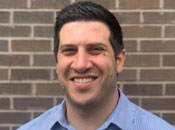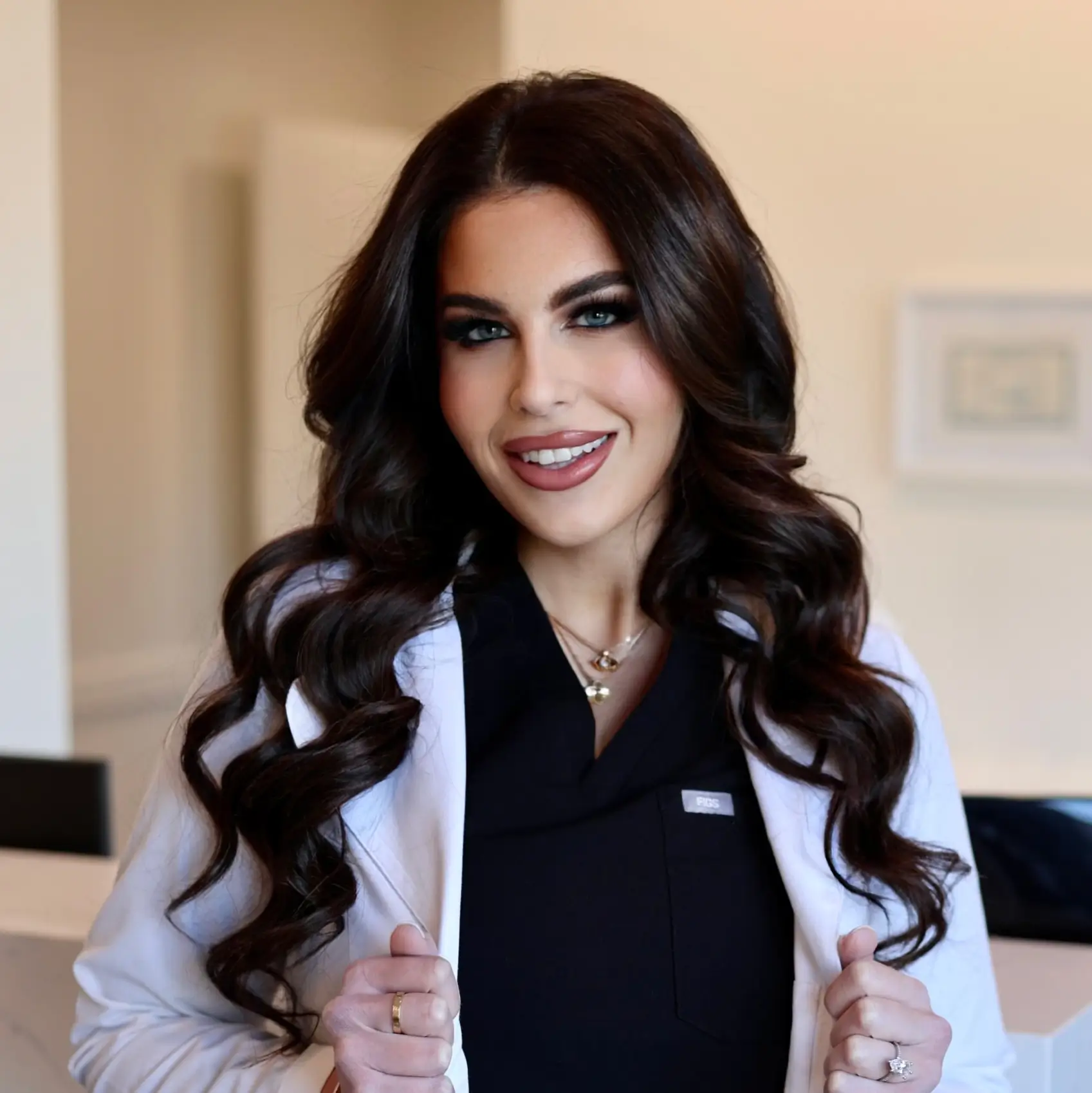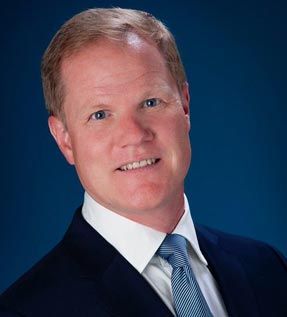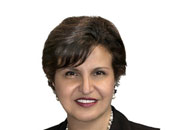TMJ Treatment
Temporomandibular Joint (TMJ) and Disorder (TMD)
The temporomandibular joint (TMJ) connects your temporal bone (skull) to your mandible (lower jaw). This joint is responsible for opening and closing your mouth, biting, and chewing. Each person has two TMJs composed of a capsule, articular disc, ligaments, and nerves. These joints are categorized as ginglymoarthrodial, meaning they hinge and slide.
When problems occur with the TMJ, they are often referred to as temporomandibular joint dysfunction or temporomandibular joint disorder (TMD). TMD includes any issue affecting the TMJ or surrounding muscles, tendons, ligaments, blood vessels, and tissues.

Frequently Asked Questions
Do I have TMD?
You may have TMD if you experience symptoms such as:
- Pain around the jaw joint
- Pain while chewing or biting
- Generalized facial ache
- Chronic headaches
- Pain around the temples
- Ear pain or tinnitus
- Dizziness
- Blurred vision
- Jaw “locks up” and prevents easy motion
- Muscle spasms
- Clicking or popping noises in the jaw
- Inability to chew or speak properly
- Shoulder or neck pain
Only a dentist can accurately diagnose TMD. Schedule a consultation with one of our dentists at Ferndale Bethesda Family Dentistry in Bethesda to learn more.
What causes TMD?
TMD can result from factors such as disk erosion, cartilage damage (arthritis), or joint trauma. In many cases, the exact cause of TMD is unknown. Risk factors include arthritis, past jaw injuries, teeth grinding or clenching, and connective tissue diseases.
Did you know… The temporomandibular joint is unique from any other joint in the body because it is a bilateral joint that functions as a single unit. This means that you have two joints, one on either side of your face, but they must function in perfect unison.
How is TMD diagnosed?
Diagnosis involves discussing your symptoms, evaluating your teeth and bite, and checking for inflammation. Your dentist may also listen for clicking noises and test your jaw’s range of motion. Diagnostic imaging, such as dental X-rays, CT scans, or MRIs, may be required. In rare cases, a TMJ arthroscopy might be performed to determine the cause of TMD.
How is TMD treated at Bethesda Family Dentistry?
Treatment depends on your symptoms and the severity of your condition. Options may include:
- Medications: Over-the-counter pain relief, prescription muscle relaxants, or tricyclic antidepressants may be recommended.
- Oral Appliances: Custom-fitted appliances can reduce pressure on the joint and prevent teeth grinding.
- Physical Therapy: Exercises and stretches may strengthen supporting tissues.
- Diet Modifications: Softer foods may reduce strain during flare-ups.
- Behavior Modifications: Avoid nail biting and gum chewing to reduce joint stress.
- Hot or Cold Therapy: Alternating heat and ice can relieve pain and reduce inflammation.
Can TMD be cured?
While there is no cure for TMD, symptoms can be managed with proper treatment. Regular dental checkups help ensure your symptoms are monitored and addressed as needed. Most patients can reduce or eliminate symptoms with the right care.
For a qualified and caring approach to treating TMJ pain, schedule a consultation with our dentists at Ferndale Bethesda Family Dentistry in Bethesda.












